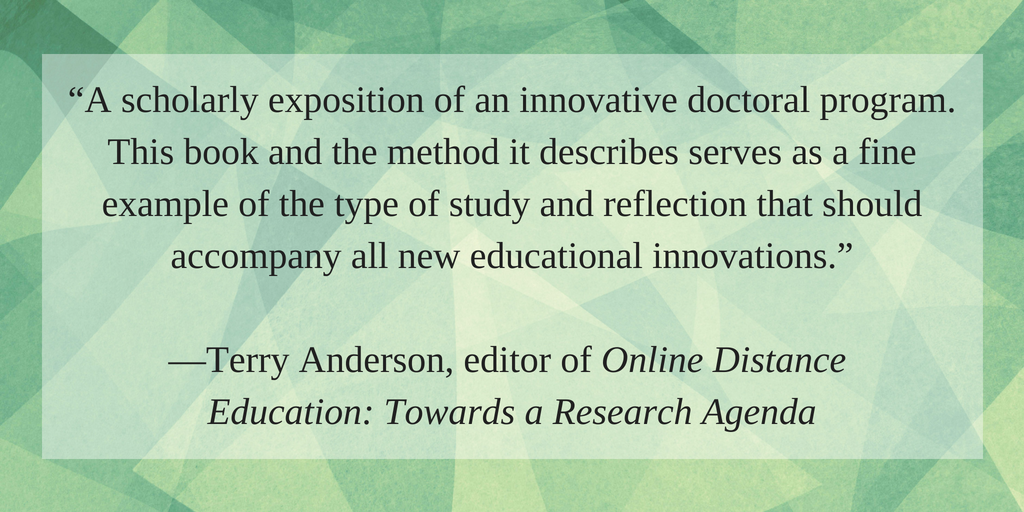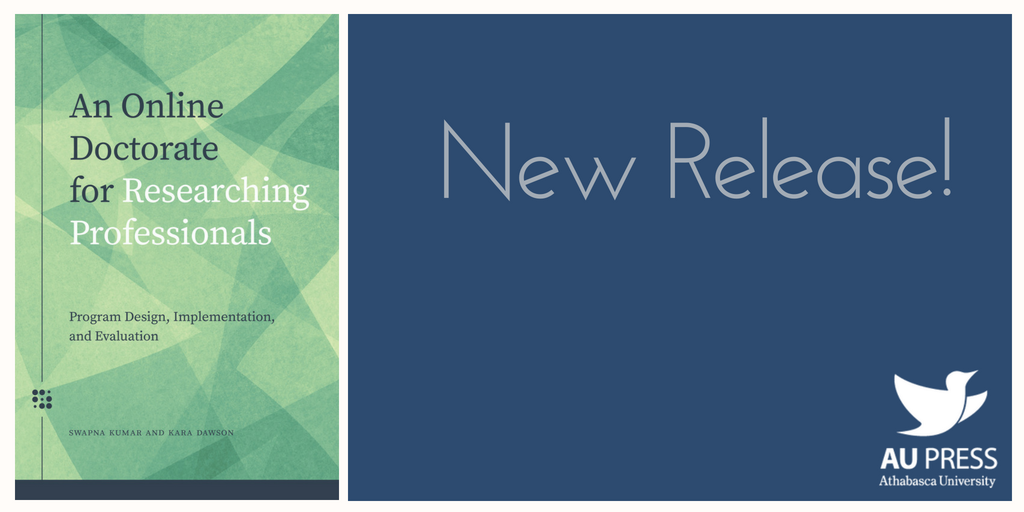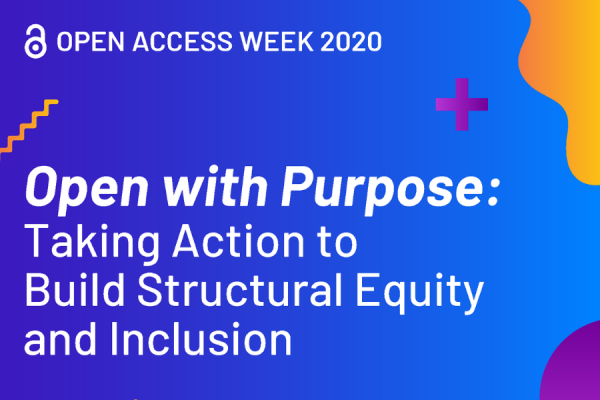The interest and demand for online terminal degrees across disciplines by professionals wishing to conduct research and fulfill doctoral degree requirements at a distance is only increasing. But what these programs look like, how they are implemented, and how they might be evaluated are the questions that challenge administrators and pedagogues alike. An Online Doctorate for Researching Professionals: Program Design, Implementation, and Evaluation, the latest title in Athabasca University Press’s Issues in Distance Education series, answers these questions and provides a comprehensive guide to the challenges and successes of making doctoral programs available online. Authors Swapna Kumar and Kara Dawson draw on their experience of implementing an online doctoral program at the University of Florida to share data collected from students and faculty members and to reflect on lessons learned developing the program in diverse educational contexts. The following short excerpts focus on key considerations for online curriculum design.

Keeping the curriculum relevant
“Learners in an online professional doctorate often live and work at a distance from the university. The content of their academic pursuits must be relevant to their needs and goals and applicable to their professional contexts if they are to stay motivated; to this end, an online professional doctorate must provide opportunities for students to connect theory, practice, and research. In our experience, although professionals relate to theories most easily if they connect the theories to their experiences and contexts, they do not always do so on their own—curriculum must be designed for this purpose. At the same time, program leaders should be willing to adapt the curriculum to the changing needs of learners and the discipline.”
Sequencing courses
“With a cohort model in which all students take the same courses at the same time, the careful sequencing of courses and assignments can facilitate student development and progress. Based on feedback from our first cohort, we revised the sequence of courses so that research courses were offered earlier, and we mapped out activities that scaffolded students’ identification of areas of research specialization. Online professional doctorates that do not include planned coursework but rely on doctoral seminars and colloquia can also include such activities, as can individual advisers or mentors working with online professional doctoral students.”
Scaffolding and mentoring areas of specialization
“[…] scaffolding the students’ selection of areas of specialization can contribute to transformational learning. Professionals often identify multiple areas of interest and problems of practice, but not all of them can be addressed during a doctorate, and it may not be possible to research certain ideas without access to funding; therefore, faculty advising and mentoring is important for guiding students in choosing areas of specialization in a professional doctorate. […] Extensive feedback and dialogue are valuable in advising students at this stage, especially because online professional doctoral students are not embedded in a university environment and are therefore sometimes unfamiliar with the types of research expected in the doctorate and with ethical and political considerations that delimit research in professional contexts. Furthermore, guiding professionals to set goals and milestones early in an online program can increase their self-direction and accountability for learning.
Implementing projects, reflecting, and sharing with peers
“In addition to connecting theory and research to practice, the curriculum should provide opportunities to implement small projects that facilitate reflection on content such as research questions or instructional design, research design or implementation, and results. […] The online program can provide a safe environment in which students can participate in candid, encouraging discussions with colleagues who do not work at the same institution as them; this opportunity has been highly valued by students in our online professional doctorate. The implementation of small projects, reflection on the process and outcomes, and discussion with peers has led to the transformative learning, re-evaluation of understanding, and critical thinking that is essential for a scholar.”
To read the full chapter and the rest of the book, head to our website.


